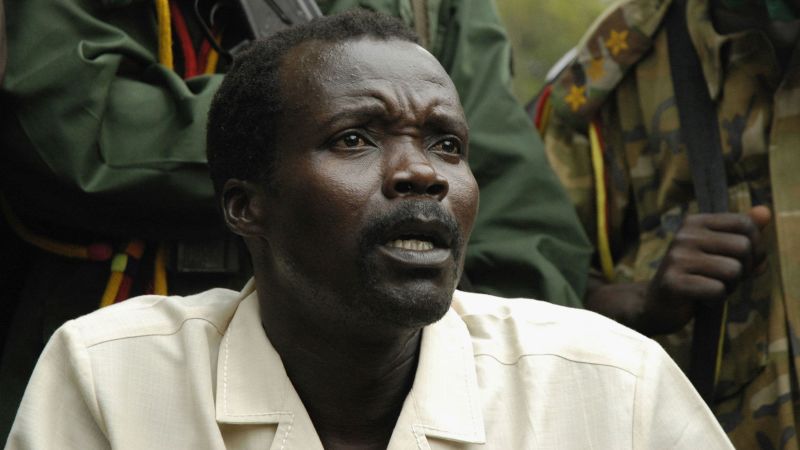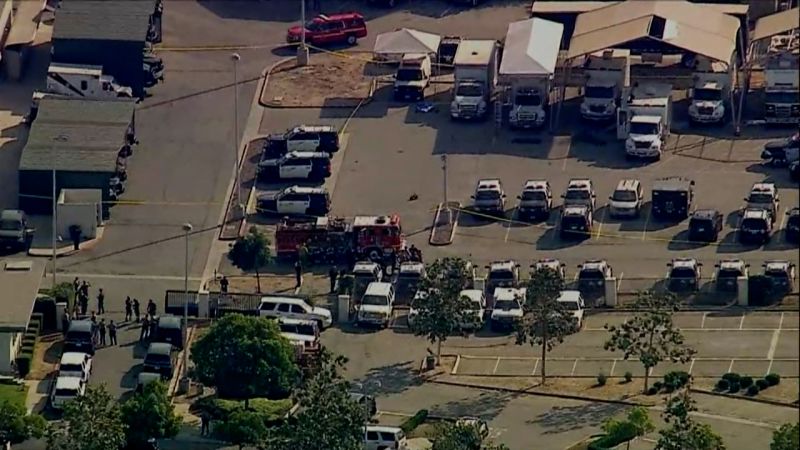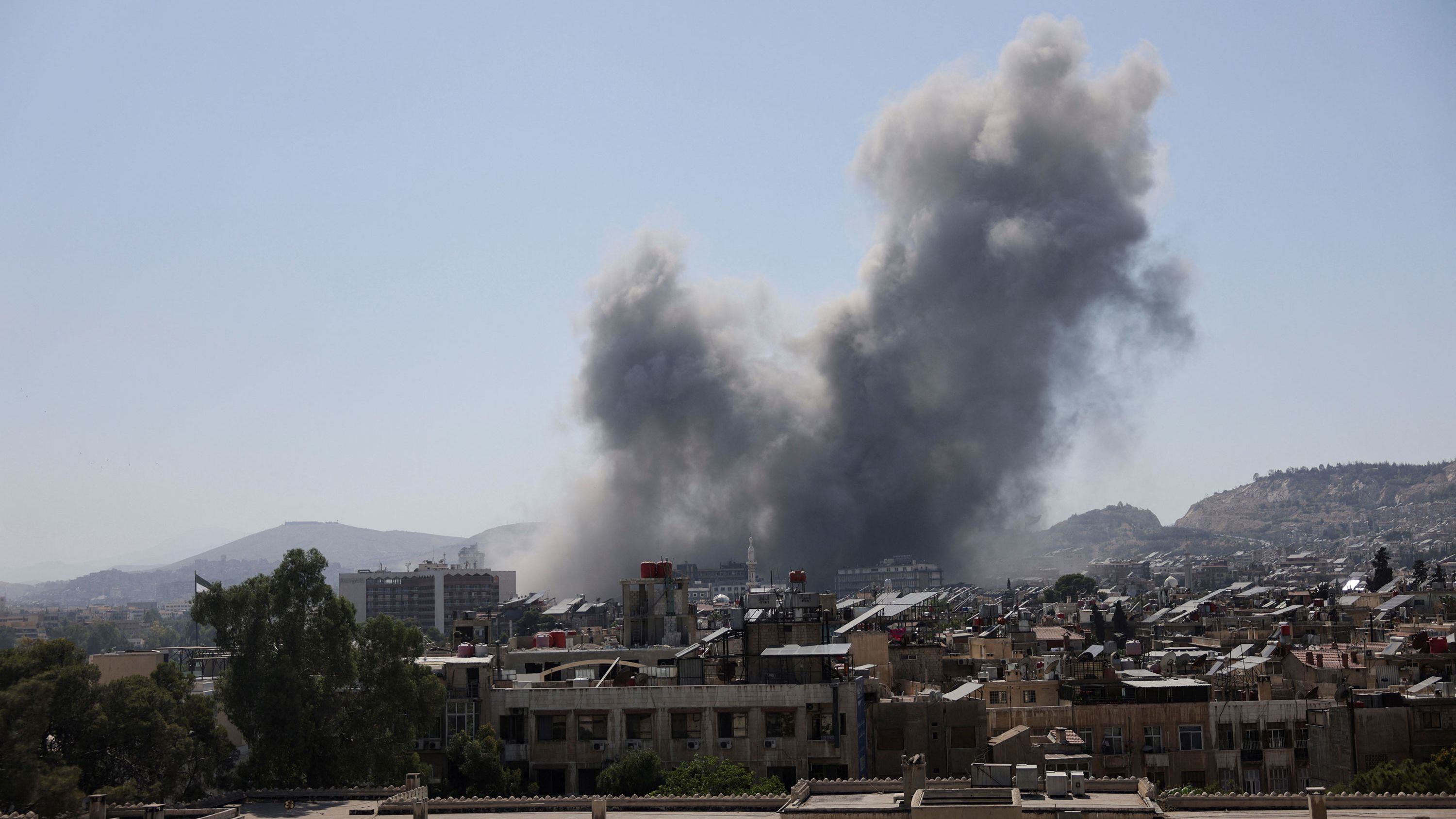
ICC Launches War Crimes Case Against Joseph Kony
World | 9/9/2025
The International Criminal Court (ICC) launched proceedings on Tuesday in an unprecedented move, initiating a war crimes case against Joseph Kony, the elusive leader of the Ugandan rebel group, the Lord’s Resistance Army. The hearing marks the ICC’s inaugural in absentia trial, with prosecutors presenting evidence to substantiate their allegations against Kony. The charges accuse Kony of perpetrating atrocities that continue to reverberate through Ugandan society, even after two decades have passed.
During the proceedings, prosecutors at the ICC detailed the grave accusations against Kony, highlighting the severe impact of his actions on the Ugandan populace. The case sheds light on the enduring trauma inflicted by the Lord’s Resistance Army under Kony’s leadership, underscoring the significance of accountability for crimes committed during times of conflict.
A statement from an unnamed legal expert emphasized the significance of the ICC’s pursuit of justice in Kony’s case, stating, “This trial sets a crucial precedent for holding individuals accountable for war crimes, even in cases where the accused remains at large.” The legal expert further noted the symbolic importance of the ICC’s efforts in addressing the legacy of atrocities in Uganda.
Despite Kony’s absence from the trial, the ICC’s proceedings aim to bring attention to the enduring impact of the conflict in Uganda and seek redress for the victims of the brutalities committed under his command. The case against Kony represents a pivotal moment in international justice, as the ICC navigates the complexities of prosecuting individuals accused of grave human rights violations, even when they remain beyond the court’s physical reach.
As the trial unfolds, the global community watches closely, awaiting the outcome of the ICC’s pursuit of justice in the case of Joseph Kony. The proceedings serve as a stark reminder of the enduring consequences of war crimes and the ongoing quest for accountability in the face of atrocities committed during times of conflict.


